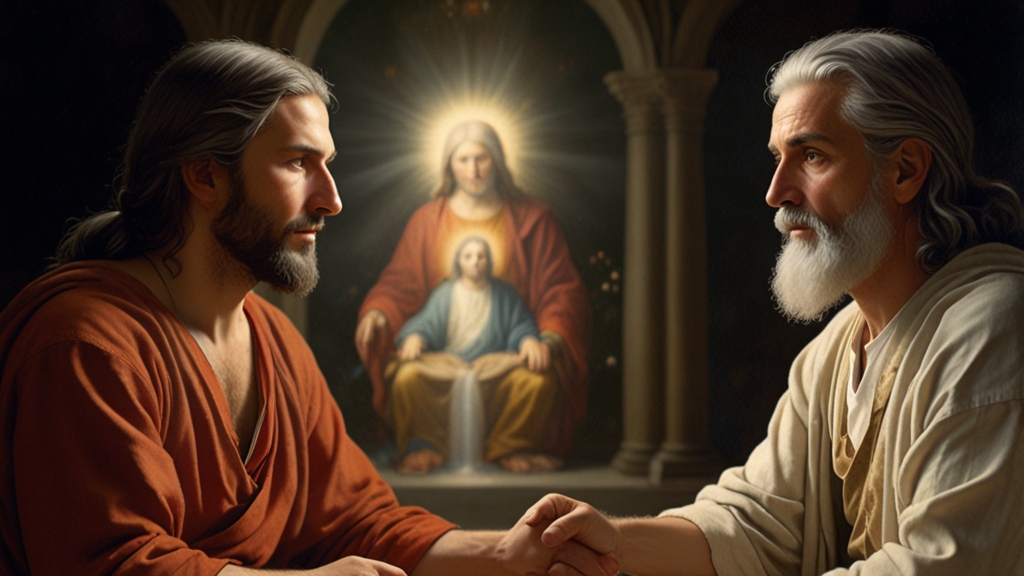Was Joan of Arc Sent by God or Just a Clever Manipulator?
Joan of Arc, also known as the Maid of Orléans, is one of history's most enigmatic and revered figures. Born in a small village in northeastern France in 1412, she rose to prominence at the age of 17, claiming she had been sent by God to lead the French army to victory during the Hundred Years' War. Her remarkable achievements and tragic end have led to centuries of debate: was Joan of Arc truly divinely inspired, or was she a shrewd manipulator who understood the power of faith and nationalism?
The Divine Mission
Joan of Arc's story begins with her claiming to have received divine visions from saints such as Michael, Catherine, and Margaret. According to Joan, these visions instructed her to support Charles VII and recover France from English domination. Her claims were initially met with skepticism, but her charismatic personality and unwavering conviction persuaded many, including Charles VII, who eventually granted her command of a small army.
"I am not afraid. I was born to do this." - Joan of Arc
Joan's leadership brought a significant morale boost to the French troops. Her presence and faith-inspired fervor led to remarkable victories, most notably lifting the siege of Orléans in 1429. These successes were attributed by her followers to divine intervention, further cementing the idea that Joan was indeed sent by God.
A Shrewd Manipulator?
On the flip side, some historians suggest that Joan's actions could be interpreted as those of a clever manipulator. It is argued that Joan had an acute understanding of the socio-political climate of her time. France was desperately in need of a unifying figure, and Joan embodied the hope and religious conviction that could galvanize the nation. Her reputed visions might have been a strategic way to gain the trust of the deeply pious and war-weary French populace.
Moreover, Joan's military tactics, while unconventional, showed a level of strategic acumen that could hint at a natural leader rather than a mere instrument of divine will. Her ability to inspire and lead men, often undermining seasoned commanders, speaks of an inherent prowess that goes beyond simple divine favoritism.
The Outcome and Legacy
Joan's journey ended tragically when she was captured by the Burgundians and handed over to the English. She was put on trial for charges including heresy and witchcraft. Despite her adamant professions of divine guidance, she was found guilty and burned at the stake in 1431 at the young age of 19.
"Even the greatest tools of heaven can be misunderstood as the most dangerous weapons." - Anonymous Historian
In the aftermath, Joan's legacy continued to grow. She was declared a martyr and, eventually, canonized as a saint by the Roman Catholic Church in 1920. Her story remains a powerful symbol of faith, courage, and resilience. Whether she was a true divine messenger or a masterful tactician, her impact on history is undeniable.
Conclusion
The question of whether Joan of Arc was sent by God or was simply a clever manipulator may never be definitively answered. Her life and actions can be seen as a testament to the power of belief and the profound impact one individual can have on the course of history. Joan of Arc remains a fascinating and complex figure, embodying the blurred lines between faith, strategy, and the human spirit.










